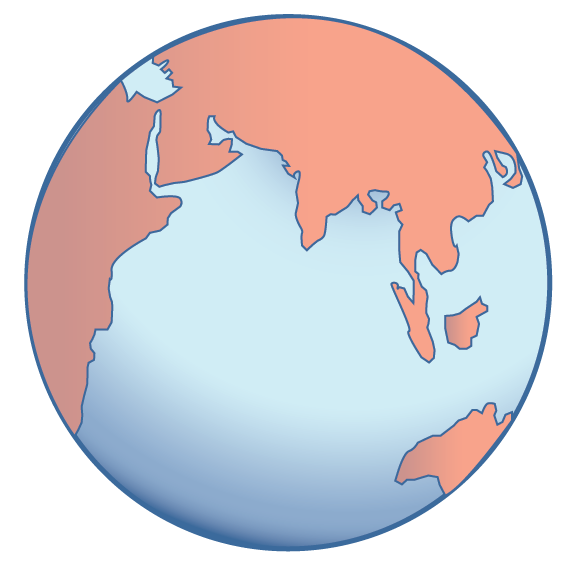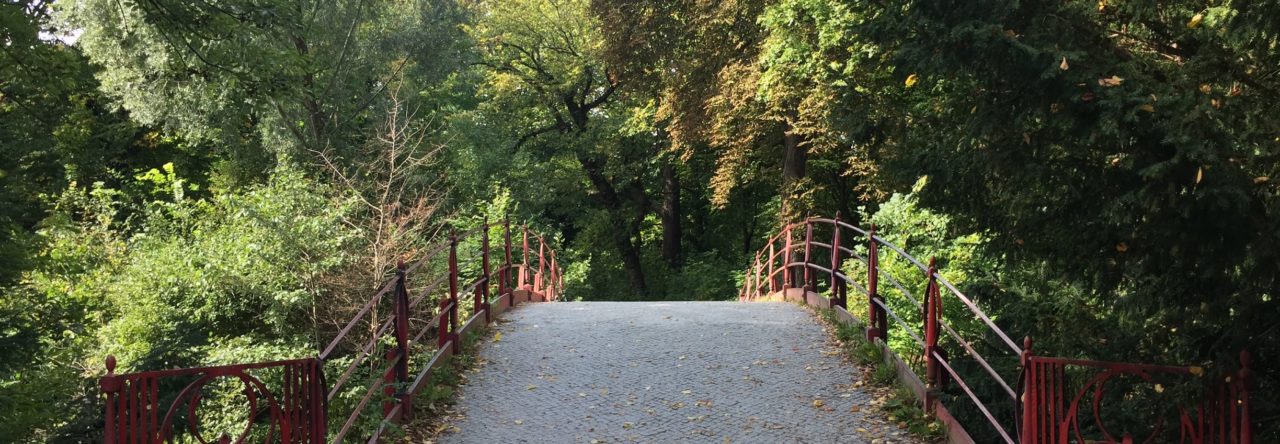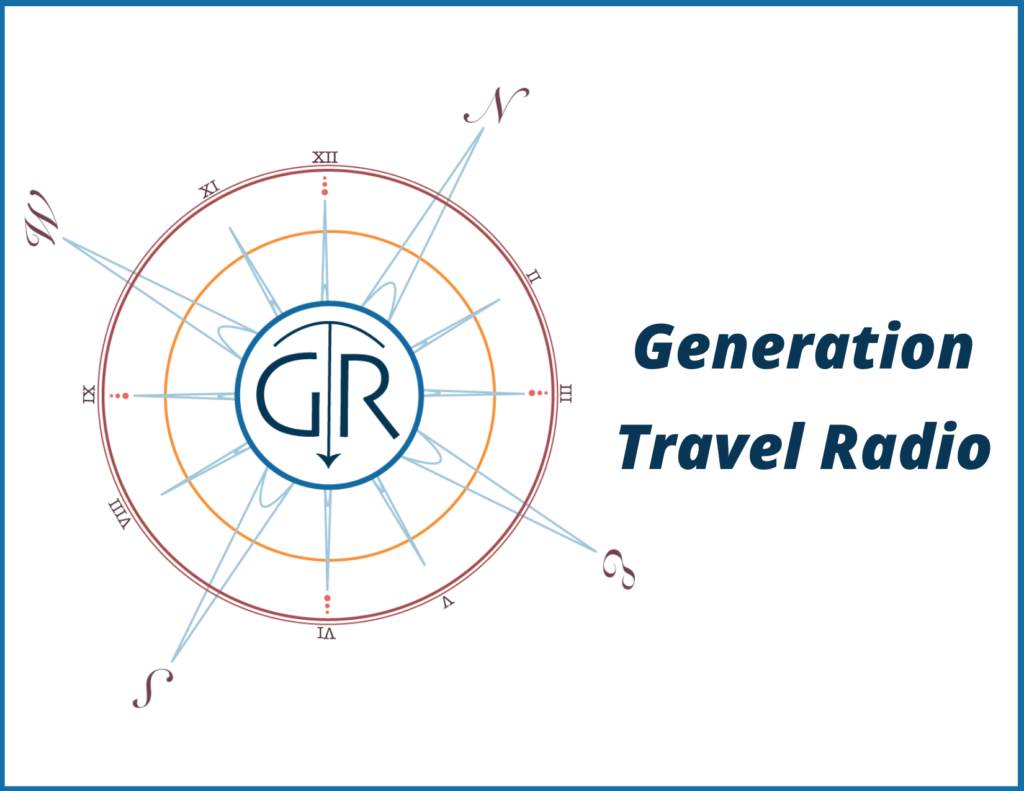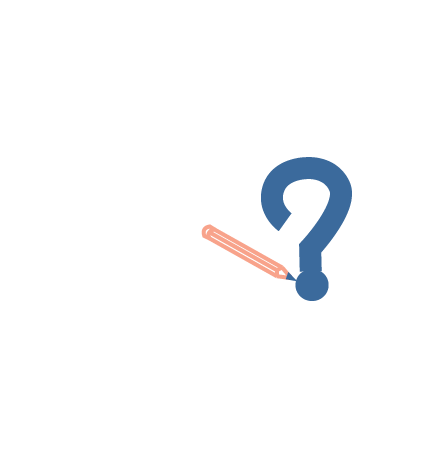
It has been just over a year since I last posted any writing. When things first shut down, I knew it would last more than a few weeks, but I wanted to ignore my gut instinct that I might be working from home for a few months. At that time, I definitely did not consider that it would last more than a year, but here we are.
In those first weeks I thought I would use the extra time I thought I’d have on my hands to write and post more. The writing ebbed and flowed, but the posts clearly never happened.
To state the obvious, much has changed in the last year, at every level – including work. In September of 2020 I began working with international students on Optional Practical Training (OPT, work authorization usually used for post-graduation employment) which can, at times, take up a chunk of my day. I have found with the addition of this work in combination with “Zoom fatigue” that I have limited time and energy to expend on reading as much higher education news as I used to, or even giving it the proper time in my mind to digest. This has a big impact on my writing.
I did turn attention to a new endeavor, something that had been an interest of mine for a while: My colleague and friend Erin Morris and I began Generation Travel Radio, a podcast focusing on the value of travel and intercultural experiences. We are gearing up to launch our second season at the beginning of May, and I have to say that I am very excited for our plans for the podcast moving forward.
I’ve been writing in the morning consistently for about two weeks now. At first it was hard, slow – I had no clue what to write about. It’s coming more easily to me now as I both broaden and narrow in on what I want to discuss:
International Higher Education
I plan to continue digging into and writing about higher education at the global level. Comparative international education, study abroad, and other aspects of international education are my professional passions, a field I want to contribute my thoughts to.
Higher Education Policy – generally speaking
I will continue to write about general higher education policy when a topic sparks my interest. The past year has shaken higher education at its core and there is much to consider and discuss, but it has felt overwhelming to keep up with and my writing on various topics has been a bit long-winded and all over the place. For this reason, only a percentage of this writing will likely make it to the blog.
Career Services & the World of Work
Like higher education, I will likely write about this on occasion, hopefully also through an international comparative lens.
Travel & the World
While travel is still limited, there is a lot to say and think about travel. Many of my thoughts have focused on the vaccine rollout and the implications of the resurgence of travel, how pursuing “meaningful travel” is more important than ever before.
Reviews
Somehow, reviews take the longest for me to write. I go back through books and select quotes, try to reframe the overall thesis or message to a news topic… but I have read many books in the last year that I have consistently referred to in conversation, and many of them are even in conversation with one another. They deserve a spotlight here!
I am not going to promise any consistency on posting my writing at this time, but I do intend to be better about sharing when I do write. I hope that you will engage with me on these topics, and if you or anyone you know is interested in collaborating on research or writing, please reach out!


